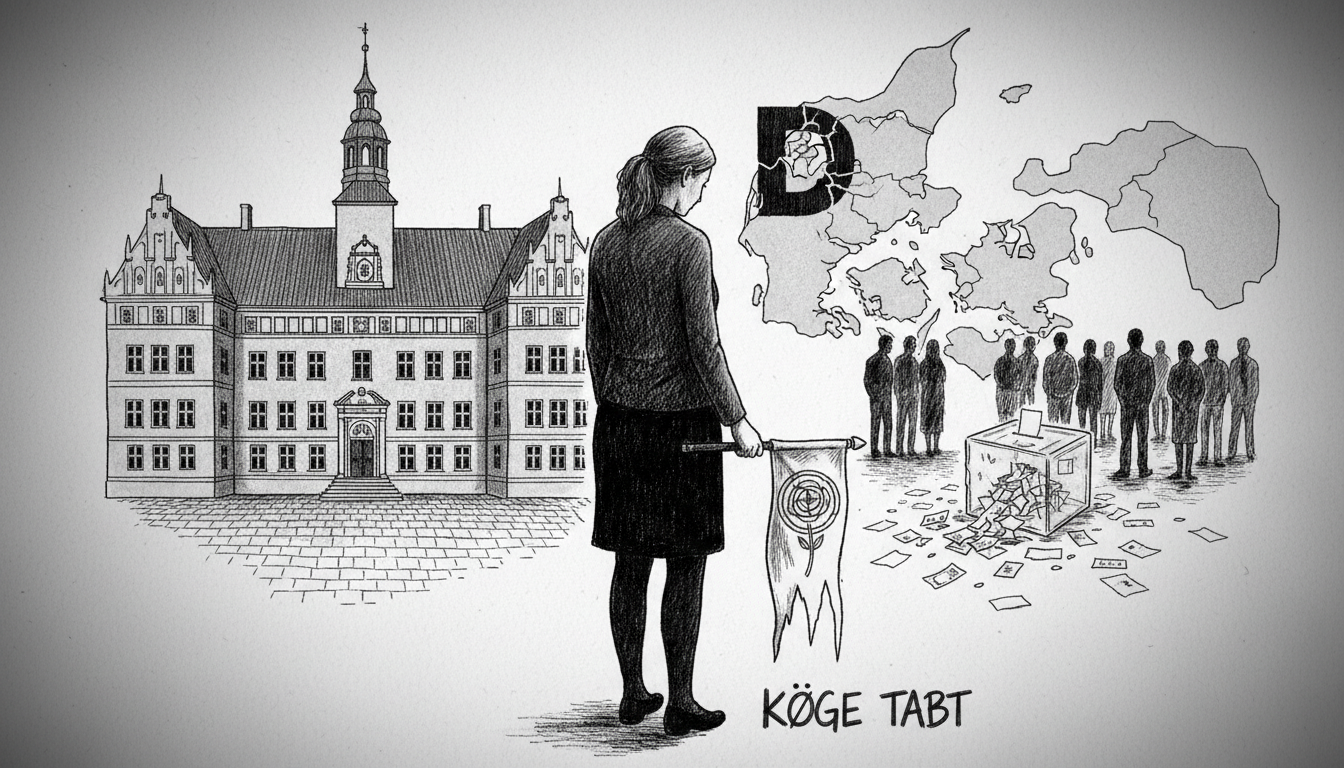The Social Democrats faced a devastating defeat in Køge, one of their traditional strongholds. Deputy party leader Marie Stærke lost her mayor's chain in a stunning election result. The loss represents a significant setback for Denmark's ruling party during local elections.
Marie Stærke asked cameras to stop filming the silence and disappointment as results became clear. She described the election numbers as jaw-dropping when speaking to supporters. At 1 AM, she acknowledged she would need to hand over keys to a blue coalition government.
Køge has long been considered a Social Democratic fortress in Danish politics. The municipality south of Copenhagen typically supports center-left parties. Losing this base signals potential trouble for the national government's political standing.
Local elections in Denmark occur every four years and determine municipal leadership. Voters choose council members who then select mayors. These elections often serve as important political barometers between national parliamentary elections.
The defeat in Køge reflects broader challenges facing Social Democrats across Nordic countries. Center-right parties have gained ground in several recent local elections. This trend appears connected to economic concerns and immigration debates.
What happens when a Social Democratic mayor loses power in their own stronghold? The scene in Køge showed genuine shock among party members. Long-time supporters watched as their political home changed hands.
The blue coalition refers to center-right parties that traditionally use blue as their color. These include the Liberal Party and Conservative People's Party. Their victory in Køge represents a notable political shift in the region.
Marie Stærke's position as deputy party leader makes this loss particularly symbolic. Senior party figures typically maintain secure positions in their home constituencies. This outcome suggests voters may be sending a message to the national leadership.
Local election results often influence national political strategies. Parties typically analyze these outcomes to adjust their messaging and policies. The Køge result will likely prompt serious reflection within Social Democratic ranks.
International observers watch Danish local elections for insights into Nordic political trends. The region's social democratic model faces increasing pressure from both left and right. This election adds to ongoing discussions about the future of Nordic welfare states.
The transition of power in Køge will involve handing over administrative control. New leadership will implement different policies and priorities. Municipal services and local development projects may see changes in direction.
Danish political experts note that local elections sometimes produce surprising results. Voters may use them to express dissatisfaction without threatening national government stability. However, the scale of this particular loss suggests deeper political currents at work.

